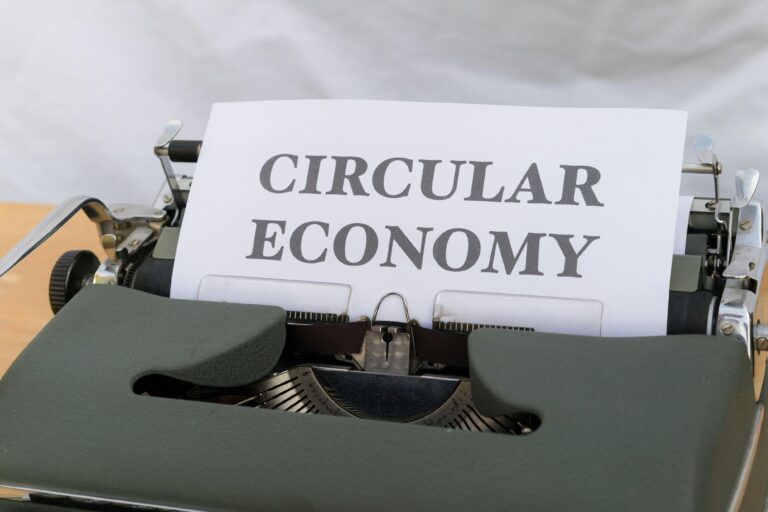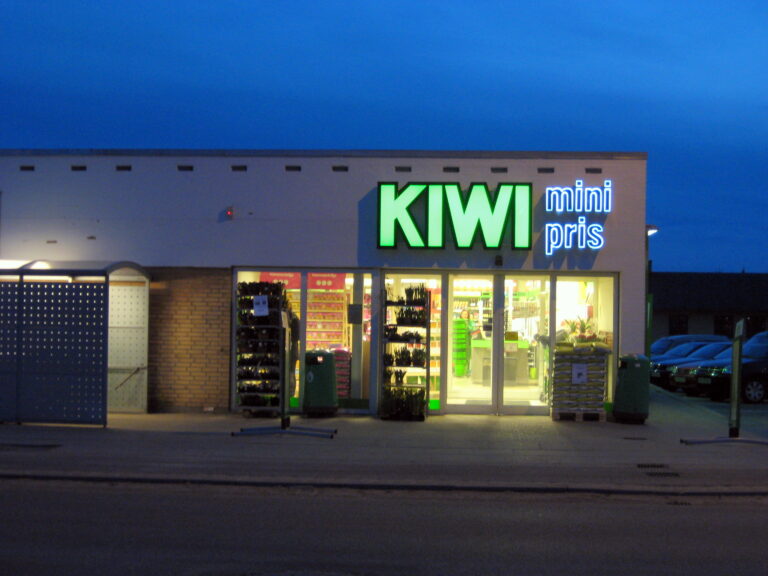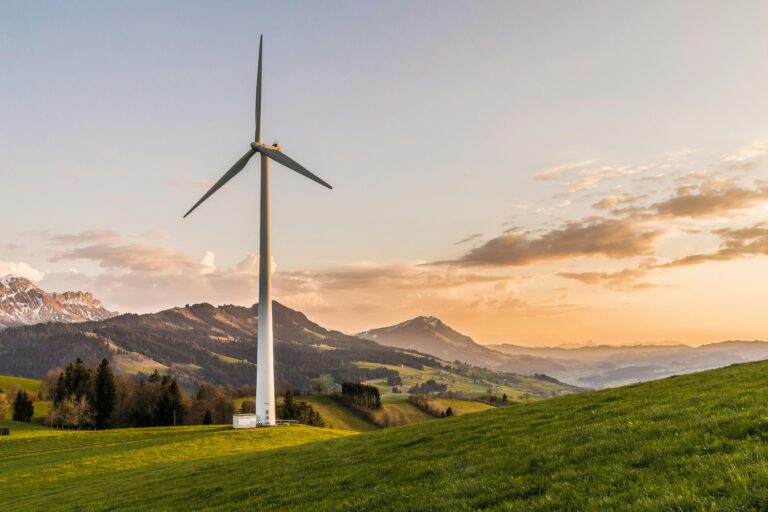Norway is committed to environmental sustainability through various initiatives. The country promotes reusing and recycling, with schoolbooks passed down and thrift markets facilitating the sale and purchase of second-hand items. Norway’s efficient recycling plan includes separate bins for plastic, compost, and general waste, along with incentives to separate paper, metal, and glass. The ‘pant’ system rewards individuals for recycling plastic bottles and aluminum cans by offering refunds through supermarket machines.
Norwegians also participate in “plogging,” combining jogging with picking up litter to recycle waste. Plastic reduction measures are implemented, such as using recycled or paper bags and minimizing plastic packaging for fruits and vegetables. Food waste is tackled through the app “Too Good to Go,” connecting consumers with discounted leftover portions from restaurants and hotels.
The country’s strong focus on electric cars has led to a significant adoption rate, with one in two cars being electric. Norway aims to end sales of gasoline and diesel vehicles by 2025. Oslo plans to reduce 95% of its CO2 emissions by 2030. Norway is also working on electric airplanes, aiming for hybrid fuel-electric models by 2020 and full electric operation for short-haul flights by 2040.
To protect air quality in fjords, Norway plans to allow only zero-emission electric ferries from 2026 onwards, making them the world’s first emission-free marine zone. Additionally, the country maintains the Seed Vault, storing over a million plant seeds for future use in case of global crises. Norway invests in upgrading the facility, highlighting its commitment to biodiversity preservation.
These initiatives collectively contribute to Norway’s environmentally friendly approach, emphasizing reusing, recycling, reducing plastic waste, combating food waste, promoting electric transportation, ensuring emission-free fjords, and safeguarding global plant diversity through the Seed Vault.





